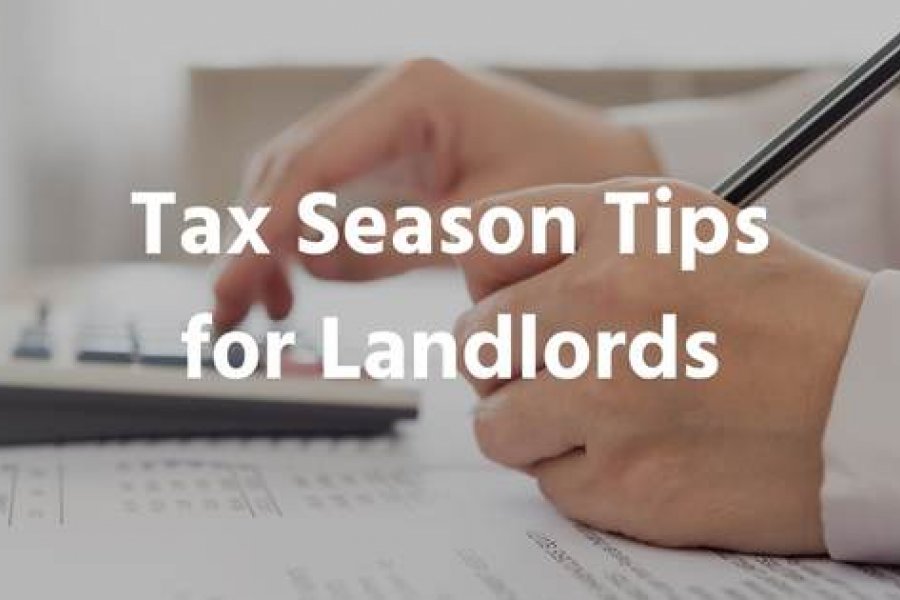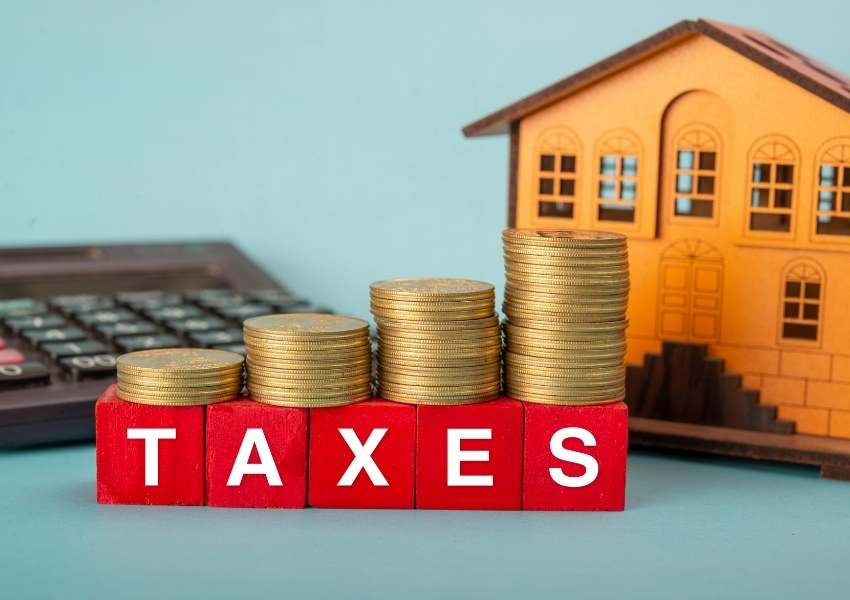
During tax season, rental real estate owners are required to report rental income on their tax returns. According to the IRS, rental income is defined as the money you receive from the occupants of your rental, i.e. rent payments.
It also covers:
- Regular paid rent
- Advanced paid rent
- Security deposits
- Fees paid by a renter for lease cancellation
- Expenses paid by a tenant
- Property or services received in lieu of money as rent payment
Taxes can be an overwhelming issue for both experienced and new landlords in North Carolina. Committing a tax error can have a deep impact on your business.
With the rising rent rates, expiration of eviction moratoriums and financial uncertainties ahead, it's a good idea for property investors to learn how to save on taxes and maximize deductions.
You can also increase your rental income by picking the right tenants from the start. Review your prospect’s background thoroughly before signing a leasing agreement and welcoming them in your rental.
Here are ways to keep more of your rental income in your account:
Main Tax Deductions for Landlords

As a landlord, it benefits you to be aware of what comprises IRS deductions. This can help you save more. Some of these legitimate deductions are:
Rental property operation costs - if you've owned your rental for some time, you’re allowed to reclaim some of your real estate investment costs. You can subtract part of your property’s expenses over time.
Insurance costs - the premium you’re paying for your property’s insurance is deductible. This covers landlord liability insurance to flood insurance. As a landlord, you’re permitted to offset some of your insurance expenses this way.
Repair charges - property damages are inevitable, and they can be caused by tenants or landlords alike. Luckily, repair fees are deductible in the specific year that they were done.
It’s important to note that repairs are only deductible if they’re categorized as essential. Anything out of the ordinary and unreasonable in amount won’t be deductible. Examples of relevant repairs are repainting your rental unit, replacing broken windows, and fixing the gutters.
These are just some of the allowable deductions from your rental unit that you can file a claim on.
COVID Resources
Plenty of landlords have altered their practices, especially when it comes to property showings. Most adopted virtual property tours to maintain physical distance.
Still, even as the pandemic is mostly behind us, landlords are exposed to uncertainty. Rental rates, evictions, and tenant turnovers remain largely unpredictable.
A study conducted by the Harvard Center for Housing Studies shows that independent landlords managing small rentals only gained around 50% of the normal rental income during the pandemic.
In 2021, there was a COVID-19 relief package totalling $25 billion set aside for rental assistance. This permitted landlords to send fund applications on behalf of their renters.
By visiting Benefits.gov, landlords can access a list of resources to support them after the COVID-19 fallout. You can discover plenty of webinars, news sources and forms detailing the challenges presented in 2021 and 2022.
Required Landlord Records for Tax Season
Record-keeping is essential when you own a rental. If you have all of your documents sorted out, tax season should be a walk in the park. It’s best to prepare important rental files such as receipts beforehand. This makes it easy to complete your tax returns and review deductible costs.

Some of the records that should be organized and easily accessible include:
- Copies of tenant leasing agreement for all your rental units
- Legal documents such as reports of property inspections, fines, and court appearance
- Property permits
- Records related to the business
- Insurance policies
- Loan paperwork
- Record of taxes filed over time
- Real estate investment documents, such as property titles or deeds
Other required documents aside from those above are short-term records. This refers to income and expense reports generated from the latest tax year.
These short-term records are:
- Interest on mortgage
- Legal costs to covers Attorney’s fees
- Receipts of performed repairs
- Receipts of rent paid
- Receipt of utility payments (if applicable)
- Advertising fees, including listing expenses
- Rental business credit cards
It may sound difficult to keep track and store a lot of documents, but having them all in one place can help reduce stress come tax season.
Filing Taxes According to Ownership Status
When filing taxes, landlords need to check the rental property ownership status.
Individuals who own the rental property - if you own your rental alone, you need to file the IRS Schedule E, Supplemental Income and Loss to state your rent income and expenses.
Co-owners of the rental property - this requires reporting per individual, and it depends on income shares and the rental property deduction of each individual’s tax return. One must file the IRS Schedule E, Supplemental Income and Loss. Partners, on the other hand, can determine the owner’s share through the ownership interest stated on the property deed.

Business entity who own the rental property - one should file the IRS Form 8825, Rental Real Estate Income and Expenses of a Partnership or an S Corporation to report the income and deductions. There may be more requirements depending on the type of business entity.
Bottom line
Filing taxes can be challenging for landlords. However, you always have the option of hiring a trusted property management company to make tax return filing easier.
Schambs Property Management can help. With our team of property managers, tax filing and providing organized financial reports is easy. We also offer a complete range of useful property management services, such as finding tenants for your vacant property, collecting the rent promptly, screening tenants, and more.
As a landlord who want to keep most of your earnings, knowing about tax deductions is helpful. Engaging the services of an excellent property management company can help you during challenging times, such as high tenant turnover periods.
Note: This article is not a substitute for legal advice. For professional help, contact a qualified accountant.